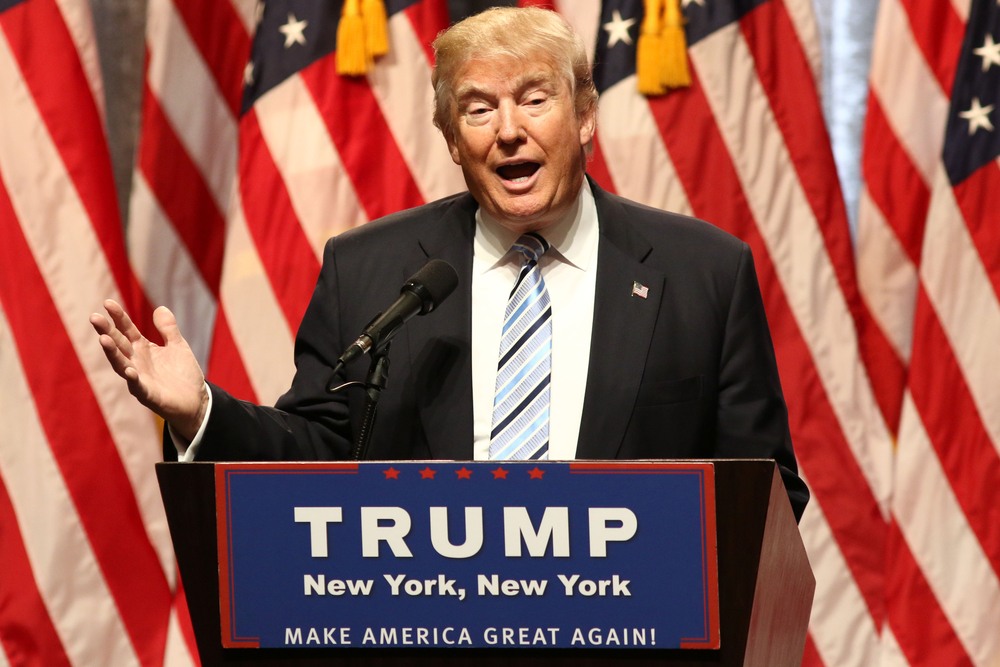Takeaways:
- President-elect Donald Trump is pushing for a comprehensive MAGA bill to address taxes, immigration, and energy policy.
- Congressional Republicans face challenges in uniting to pass such an ambitious bill due to internal divisions and slim majorities.
- Key components include extending tax cuts, immigration crackdowns, and removing income tax on tips, financed largely through tariffs.
President-elect Donald Trump has called on Congressional Republicans to quickly pass a comprehensive MAGA bill that would encapsulate his administration’s most ambitious policy goals. Through a post on his Truth Social platform, Trump emphasized the urgency of uniting to deliver “historic victories” for the American people, urging swift action on issues such as tax reform, immigration, and energy policy.
The “One Powerful Bill”
Trump’s proposed legislation aims to:
- Extend Trump-era tax cuts: These cuts, which have been criticized for disproportionately benefiting wealthy Americans, are set to expire but would be renewed and expanded to include exemptions like removing income taxes on tips for service workers.
- Enforce strict immigration policies: Trump’s vision includes mass deportations, heightening border security, and restricting asylum processes.
- Prioritize traditional energy projects: By canceling green energy initiatives, the plan seeks to boost oil and gas drilling in a bid to “unleash American energy.”
Trump also proposed financing these measures through tariffs on imported goods, claiming this approach would counterbalance revenue losses. However, many experts warn that such tariffs could exacerbate inflation, further straining American consumers.
Challenges in Congress
House Leader Mike Johnson (R-LA) confirmed plans to introduce and pass the bill by early April, aiming for Trump’s signature by Memorial Day. Despite this ambitious timeline, internal Republican divisions pose significant obstacles.
Opposition Within the GOP
- House Freedom Caucus Concerns: Members of the right-wing Freedom Caucus have expressed opposition to a single comprehensive bill. They advocate for separate legislation addressing border security and broader fiscal policies.
- Slim Majority Risks: With the GOP holding one of the narrowest House majorities in nearly a century, even a few dissenting votes could derail the bill’s progress. Trump’s personal intervention was required last week to ensure Johnson’s reelection as Speaker, showcasing the delicate balancing act within the party.
- Senate Reservations: Senate Majority Leader John Thune (R-SD) voiced skepticism about the feasibility of Trump’s immigration proposals, questioning whether mass deportations are realistic. Thune suggested the administration might benefit from a more incremental approach to policy implementation.
Implications for Americans
Trump’s proposed bill highlights bold promises but raises critical questions about feasibility and impact. While the elimination of income tax on tips could benefit service workers, the broader economic consequences of increased tariffs remain a point of contention. Additionally, the ambitious immigration policies risk overwhelming federal agencies tasked with enforcement.
What’s Next?
As Congressional Republicans navigate internal divisions, the next few months will be crucial in determining whether Trump’s sweeping legislative agenda can gain traction. For now, the proposal serves as a litmus test for the party’s ability to unify under a shared vision amid mounting pressure from its leadership.
